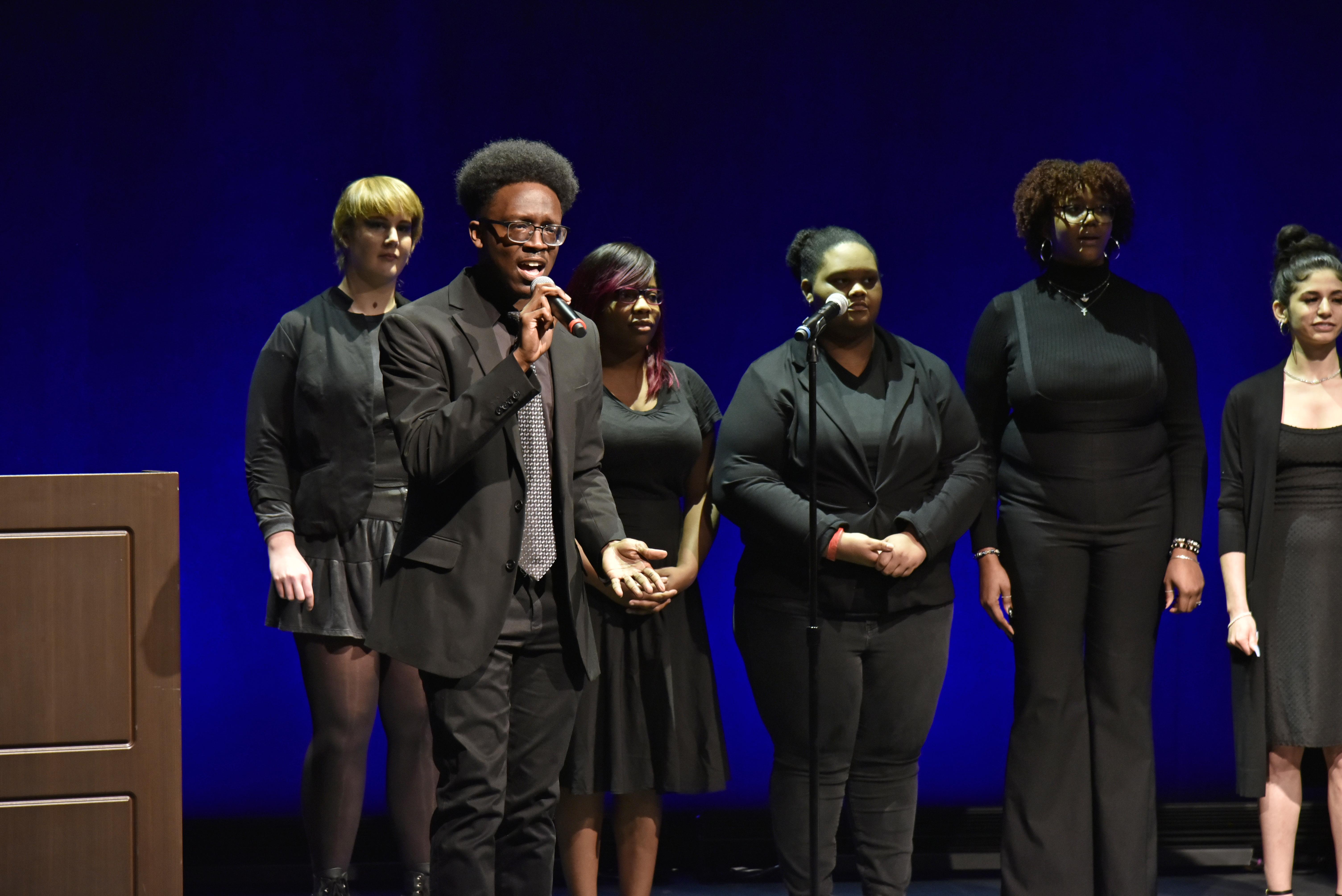Did you know that in two years, the United States will celebrate Black History Month’s semicentennial and, the following year, the centennial for its forerunner, Negro History Weeks?
Black History Month started off as Negro History Week through the work of Carter G. Woodson, a historian, and his organization the Association for the Study of Negro Life and History (ASNLM), now known as the Association for the Study of African American Life and History (ASALM).
It was inspired by the 1915 Illinois bicentennial celebration of the emancipation of black people, where thousands waited to view a black history exhibit. Negro History Week was chosen as the second week in February to honor two men who impacted black history, Abraham Lincoln and Frederick Douglass, whose birthdays are Feb. 12 and 14, respectively.
It is stated that Woodson had two goals centered around equality and racial transformation:
- Highlight the accomplishments of Black people and the roles they have played in the creation of America
- Increase awareness around Black life and history that did not solely focus on the negatives
Throughout the years, Negro History Week began to grow in popularity with recognition in progressive communities and incorporating aspects in the educational system. Woodson viewed Negro History Week as being engrained in America, not solely focused on a limited time frame. One step forward was when the week turned into a month.
In 1976, Black History Month was recognized as part of the nation’s bicentennial and President Gerald R. Ford urged Americans to “seize the opportunity to honor the too-often neglected accomplishments of Black Americans in every area of endeavor throughout our history.” Ever since then, each American president has issued a proclamation for Black History Month.
As we go into Black History Month, take the time to reflect on the initial goals shared above. America has made some race relations changes; however, Woodson’s vision is still quite relevant today. How can we continue to preserve and inform ourselves about the Black culture and inspire many communities?
Resources:
Check out this short Youtube video (2:39) for a quick summary of Carter Woodson’s work:
Carter Woodson the Father of Black History
Events:
- Check out any Black History Month events from Oswego’s Black Student Union by following their Instagram @oswegobsu
- Saturday, Feb. 4, 1 p.m. to 3 p.m. in the Marano Campus Center food and activity court: MLK Day of Service, a Student Engagement and Leadership (SEL) partnership with Rise Against Hunger
- Monday, Feb. 6, 7:30 p.m. Tyler Hall’s Waterman Theatre and via livestream: “American Fruit With African Roots” by 1974 Oswego alumnus Larry Watson
-- Submitted by the James A. Triandiflou ‘88 Institute for Equity, Diversity, Inclusion and Transformative Practice




